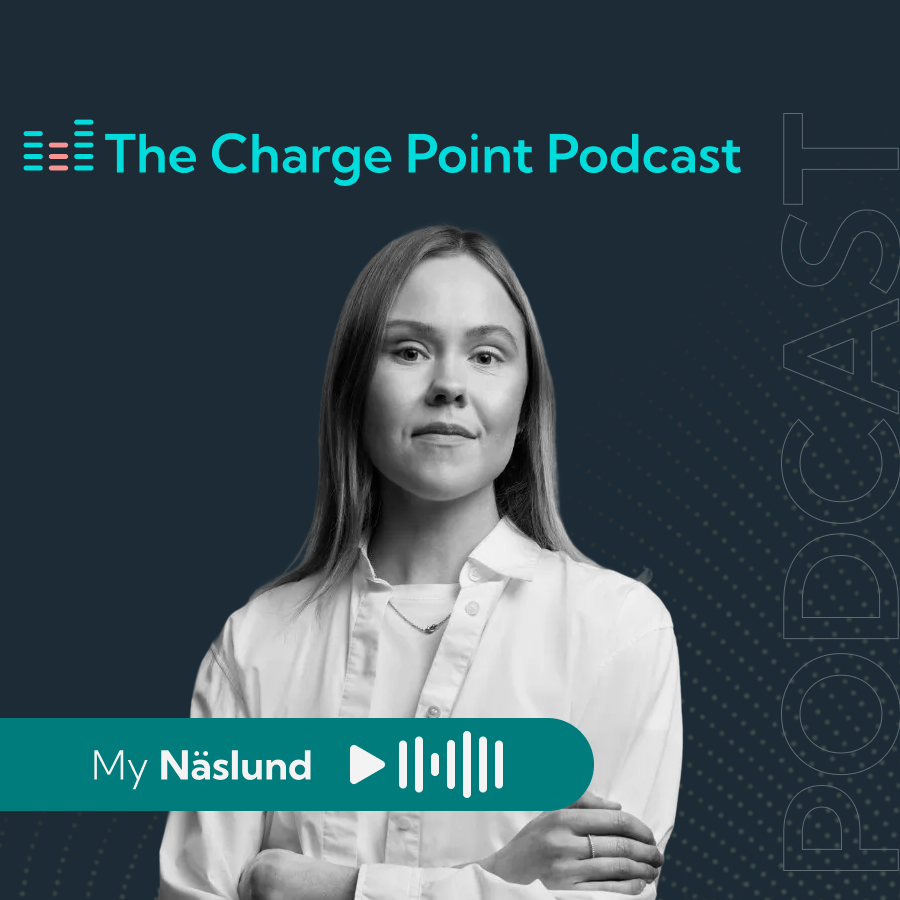OCPP and Modbus: What really powers smart EV charging?
.png)
EV Charging Infrastructure: OCPP vs Modbus for energy optimisation
As electric vehicle (EV) charging infrastructure expands, operators face critical technological choices. One of the most important choices is selecting the right communication protocol between energy assets and energy management systems. Two standards are at the heart of ongoing discussions: OCPP (Open Charge Point Protocol), developed specifically for EV charging stations, and Modbus, a long-established open protocol used in industrial automation. Which is best suited to smart charging management? Here's our analysis.
Understanding the fundamentals: OCPP and Modbus
OCPP is an open protocol developed to enable effective communication between EV charging stations and Charge Point Operator’s (CPO) backend systems and serves as a core component of many cloud-based platforms. Modbus, by contrast, is a robust local protocol that has been widely used for decades in energy automation systems. Even though it was developed in the 1970’s, it still integrates well with local infrastructures such as stationary batteries or solar energy systems.
One is geared towards the future of interoperability and remote supervision, while the other relies on the reliability and efficiency of local control. These core differences significantly influence how each protocol is applied in real-world EV charging environments.
OCPP: Interoperability with cloud dependence

OCPP enables strong interoperability by connecting various models of charge points to a central management system, facilitating remote supervision and smart charging functionalities. It is ideal for simple charging hubs where a mobile network connection between chargers and the backend offers a straightforward use case, such as static load management.
One of the main challenges with OCPP lies in its dependence on stable cloud connectivity. While this model performs reliably in standard environments, it may become a limitation in more complex or industrial scenarios where mobile network reliability is not guaranteed. In such situations, operators may face delayed responses or limited control, which can compromise site performance and operational continuity.
Another challenge arises in multi-technology environments where devices like energy meters or tele controllers must integrate with charging systems. While OCPP ensures interoperability across EV charging hardware, it doesn't always support broader energy systems, making full-site integration more complex and limiting vendor flexibility.
Advantages of OCPP
- High interoperability across manufacturers
- Supports smart charging functionalities
- Simplifies centralised supervision
Limitations of OCPP
- Relies on cloud connectivity for critical operations
- Less suitable for real-time local control
- Limitations in multi-technology environments
Modbus: Local responsiveness and energy integration

Modbus offers direct communication between local hardware without relying on an internet connection for its operation. It is especially suitable for setups involving critical infrastructure, such as charging hubs with integrated tele controllers from regional Distribution Network Operators (DNOs), stationary batteries or solar energy systems, where reliable load management execution is essential for operations.
Modbus ensures reliable local control, making it ideal for sites where internet outages could disrupt operations. Latency isn’t the main issue—chargers typically respond within 3–5 seconds regardless of protocol. The real advantage is resilience. However, this comes at a cost: Modbus requires a local controller and installation, unlike OCPP which can operate via mobile networks alone. The choice is strategic—worthwhile when downtime risks major financial losses, such as in logistics operations.
However, Modbus is not specifically designed for EV chargers, and it’s non-standardised. Which means that custom integrations are required to develop the interface between hardware models and each EMS.
Importantly, Modbus does not replace OCPP—it complements it. While OCPP manages communication between chargers and the backend, Modbus handles local control of on-site energy assets. Together, they create a robust smart charging system that supports both cloud-based intelligence and real-time local execution
Advantages of Modbus
- Ultra-fast local communication
- Ideal for integration with battery or solar systems
- Low latency, suitable for dynamic load balancing
Limitations of Modbus
- Less interoperability across EV charging equipment
- More complex configuration in certain scenarios
- May require specific EV communication gateways
Use cases: How to choose?
- Simple sites with standardised infrastructure: OCPP is sufficient for effective cloud-based management, with the ability to centralise operational and monitoring data.
> Team Energie example here
- Complex sites with critical infrastructure: Modbus enables reliable local control to ensure peak control and optimal integration of tele controllers, solar production and stationary batteries.
- Hybrid scenarios (OCPP + Modbus): Some CPOs adopt a blended approach, using OCPP for EV management and Modbus for on-site integration of power meters, stationary batteries and solar energy systems. Such a setup uses the best of both worlds by relying on the strengths of each communication protocol.
> Volvo trucks example here
Hybrid integration: Getting the best of both worlds
Innovative solutions are emerging that combine the benefits of both protocols. OCPP-Modbus gateways, for instance, enable centralised supervision while maintaining optimised local responsiveness. This is the path chosen by several industry players to maximise flexibility and ensure high performance.
At FLEXECHARGE, we believe in a vendor-agnostic approach that adapts system architecture to each site's specific requirements. Whether you're a charge point operator managing a decentralised network or a site operator with battery storage and solar integration, our solutions can merge both protocols to deliver reliability, scalability, and energy efficiency.
Discover our solution

What is Load Management and why is it essential for EV Charging
Explore the essentials of advanced Load Management in this guide. Uncover the complexities of integrating EV charging systems with existing power grids, a critical challenge in energy management. Discover how solid Load & energy management solutions ensure an efficient, secure, and scalable charging infrastructure.


Lectures intéressantes


January 2026: Record Funding and Network Expansion Drive Europe's EV Charging Evolution


December 2025 EV Charging & Fleet Infrastructure Update


How Battery Energy Storage and Virtual Power Plants Are Redefining CPO Profitability


How to Generate New Revenue Streams With Battery Energy Storage Systems (BESS) on EV Charging Sites

Get started with
FLEXECHARGE
Contact our team to learn more about what we can help you achieve with our open, vendor agnostic platform and powerful solutions.
